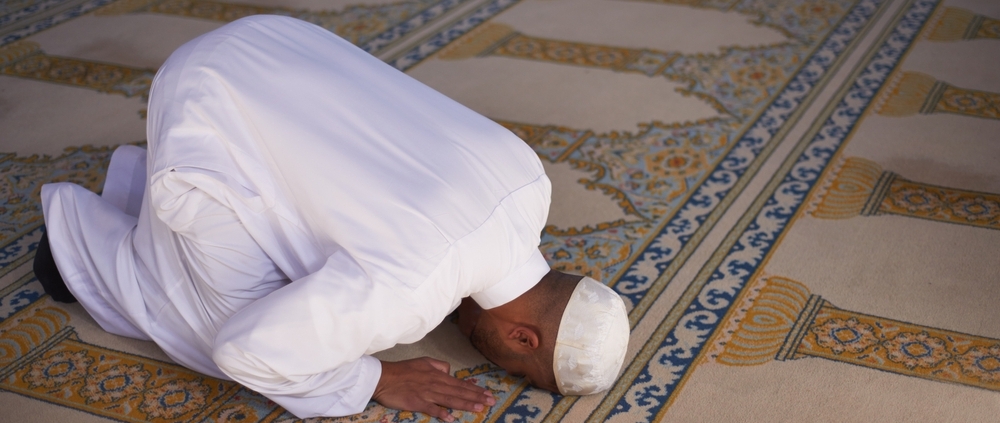Can We Make Supplication in the Prayer?
Hanafi Fiqh
Answered by Shaykh Yusuf Weltch
Question
How do we understand the verses in which the Prophet (may Allah bless him and give him peace) would mention certain supplications and invocations according to the various verses of the Quran he was reciting?
Answer
In the Name of Allah, the Most Merciful and Compassionate.
It is an established Sunna that the Prophet (may Allah bless him and give him peace) would make various supplications and invocations in accordance to the meanings of the verses he was reciting. [Tahtawi/Shurunbulali, Hashiyat Maraqi al-Falah]
This practice was understood by the Hanafi scholars to be his practice during his voluntary prayers due to the narrations in support of this practice all being in relation to voluntary worship.
Thus, in one’s voluntary prayers (nafl), one can implement this Sunna. As for obligatory or necessary prayers, one should not do this, especially if one is leading the prayer. [Ibid.]
The Opening Supplication
The Sunna supplication recited at the beginning of the prayer according to the Hanafi school is the following supplication specifically:
“.سُبْحَانَكَ اللّٰهُمَّ وَبِحَمْدِكَ تَبَارَكَ اسْمُكَ وَتَعَالَى جَدُّكَ وَلَا إِلٰهَ غَيْرُكَ”
Glory be to you, O Allah, with your praise. Blessed is Your name and exalted is Your majesty. There is no god save You.
[Tahtawi/Shurunbulali, Hashiyat Maraqi al-Falah]
It is permissible to use other supplications that have come in the narrations either in voluntary prayers (nafl) or prior to beginning the prayers. [Ibid.]
Hope this helps
Allah knows best
[Shaykh] Yusuf Weltch
Checked and Approved by Shaykh Faraz Rabbani
Shaykh Yusuf Weltch teaches Arabic, Islamic law, and spirituality. After accepting Islam in 2008, he completed four years at the Darul Uloom Seminary in New York, where he studied Arabic and the traditional sciences.
He then traveled to Tarim, Yemen, where he studied for three years in Dar al-Mustafa under some of the most outstanding scholars of our time, including Habib Umar Bin Hafiz, Habib Kadhim al-Saqqaf, and Shaykh Umar al-Khatib.
In Tarim, Shaykh Yusuf completed the memorization of the Quran and studied beliefs, legal methodology, hadith methodology, Quranic exegesis, Islamic history, and several texts on spirituality. He joined the SeekersGuidance faculty in the summer of 2019.
